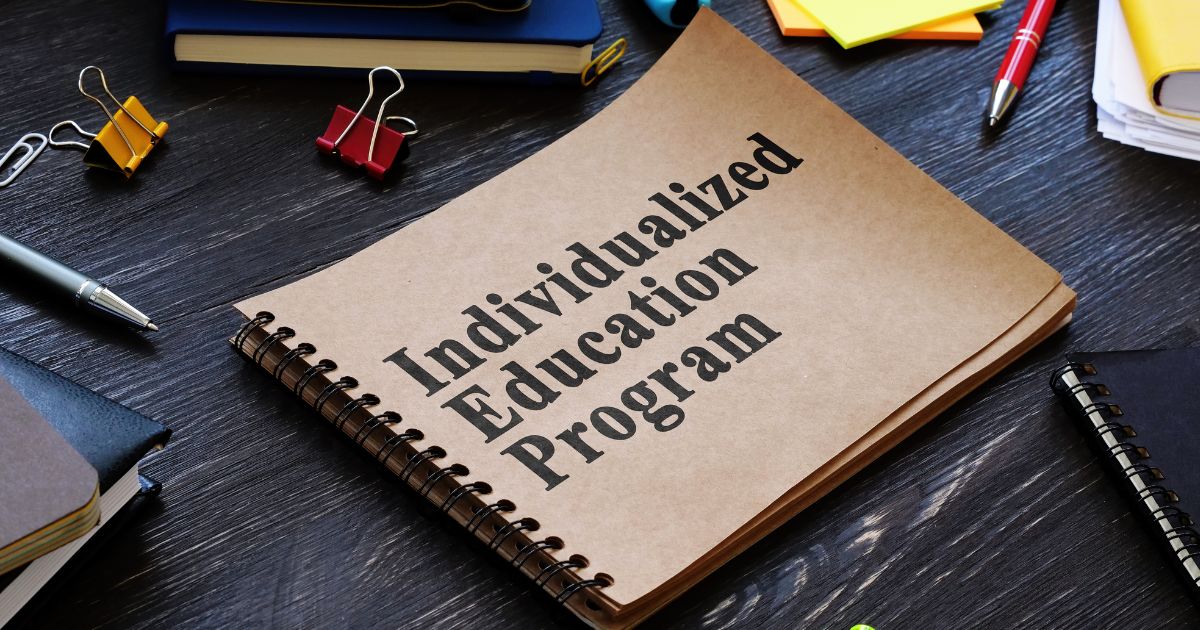Hiring a Special Education Advocate or Attorney
Navigating and advocating for your child’s special education services and accommodations can be stressful, overwhelming, and exhausting. If you are considering hiring an advocate or attorney, you want to do your due diligence in finding the right one that will work best for your situation.
I’ve contacted my state’s Department of Education Disability Rights office twice for assistance. I reached out for a potential expulsion hearing and a manifestation determination review. I was ready to advocate for my son in both instances. However, my son’s school doesn’t respect my education or advocacy because I’m his mom. My son’s school sees me as a biased mom protecting my son rather than an attorney who knows the law. I have over twenty years of experience as an attorney, but I’m glad I reached out to my state’s special education disability rights office because it helped my son stay in school.
How Can I Find an Advocate or Attorney?
You can find an experienced special education advocate or attorney in several ways. First, you can use the following resources to contact advocacy organizations to find one in your area.
The Center for Appropriate Dispute Resolution in Special Education (CADRE) has a helpful Guide for Parents about education advocates. They also have a map that helps you find your state education agency, early intervention lead agencies, and federally funded Parent Centers. You can also find helpful related resources, including your state’s complaint forms and other useful resources.
Each state must have a Protection and Advocacy (P&A) System and Client Assistance Program (CAP). As a result, you can reach out to your state’s office to speak to an advocate or attorney at little to no cost. There is a P&A/CAP agency in every state and U.S. territory, and one serves the Native American population in the four corners. Each office operates independently, and your state’s agency may also partner with agencies that provide other services.
You can also find your state’s Department of Education, the higher education agency, special education agency, and adult education agency on the U.S. Department of Education website.
I also recommend contacting your state’s Parent Training and Information Center. The U.S. Department of Education’s Office of Special Education Programs funds these centers. You can find helpful resources including your state’s center on their website. Parent Centers serve families of children with disabilities from birth to 26 years old.
You can also contact the Council of Parent Attorneys and Advocates for resources. The Council of Parent Attorneys and Advocates can help you locate advocates, attorneys, and other related professionals who help protect educational rights for students with disabilities and their parents or family members.
Another great resource is WrightsLaw Yellow Pages for Kids with Disabilities. However, Wrightslaw does not endorse individuals listed in their yellow pages. You can also find disability groups and organizations on the Yellow Pages for Kids site.
What is the Difference Between an Advocate and an Attorney?
Special education advocates and attorneys are professionals who can represent your child in educational and legal proceedings. They provide counseling, advice, and representation in all types of academic disputes involving children with disabilities. They specialize in the Individuals with Disabilities Act (IDEA), Section 504 of the Rehabilitation Act of 1973, and other federal and state statutes.
Special Education Advocates
Special education advocates aren’t federally mandated to be licensed or have credentials. While most special education advocates aren’t licensed to practice law, they can play a critical role in the process. Additionally, many advocates work with attorneys. Therefore, when researching advocates, you must look at their special education and advocacy training. You want to hire an advocate who knows the laws and regulations that apply to your child and is familiar with the special education curriculum, support services, and Individual Education Plans (IEPs).
A special education advocate can help you navigate the special education system. Advocates are often former educators and they can provide valuable information about your child’s school system, assistive technology, teaching methods, and other educational services. In addition, they can assist you during meetings with school staff.
Special Education Attorneys
Special education attorneys are licensed to practice law in your state. Unlike advocates, they provide legal advice and can represent you in hearings and state and federal court. Therefore, it’s important to research your lawyer’s experience and reputation. First, read online reviews to understand what others have said about their services. Look for an attorney with a solid reputation within the special education community. You can also ask for references in any special education groups you are a member of.
Important Questions to Ask
It’s important to ask questions before hiring an advocate or attorney. I recommend asking potential advocates and attorneys the following questions:
- What training do you have in special education?
- What is your special education advocacy experience?
- How long have you practiced as a special education advocate or attorney?
- For advocates, do you work with an attorney?
- For attorneys, do you work with advocates?
- For attorneys, do you carry malpractice insurance?
- Have you worked on cases similar to my child’s case?
- Have you worked with my child’s school district?
- How will you help me prepare for my child’s meeting?
- How will you keep me informed about my child’s case?
- How much do you charge?
- How will I be billed?
- How are fees determined?
- Where will you hold my child’s records?
- What is my role as a parent?
- Do you have any testimonials that you can provide?
- Can you give a list of references?
Remember, you are your child’s strongest advocate. However, it can be challenging to navigate the system without an advocate or attorney. It can also be emotionally overwhelming to advocate for your child, and you may need an advocate or attorney to help in certain situations. Hiring a special education advocate or attorney can help you navigate meetings, hearings, or behind-the-scenes to understand your child’s eligibility for services. You can use the resources in this post to help find the right advocate or attorney to help you advocate for your child.






